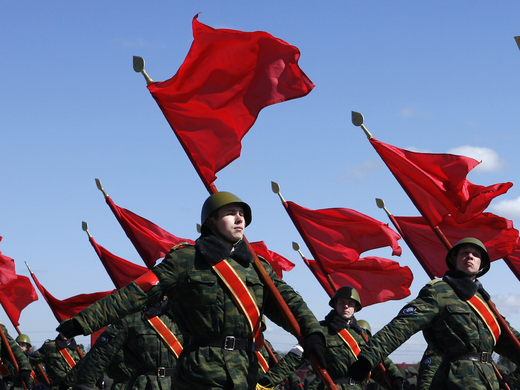Central Asia’s five countries — the Republic of Kazakhstan, the Kyrgyz Republic, the Republic of Tajikistan, Turkmenistan, and the Republic of Uzbekistan — hold considerable geopolitical significance for global security. The Central Asian countries share borders with Russia, China, Iran and Afghanistan, and are rich in natural resources, including oil, gas, uranium, coal, gold, copper, aluminum and hydroelectric power.
Central Asia’s unique geopolitical placement, valuable resources and the legacy left by the former Soviet Union have resulted in a host of complicated security challenges, including water security and transboundary water management; energy security; terrorism; narco-trafficking; migration and human trafficking; nuclear security; and border management. The issues transcend national boundaries and lend themselves to multilateral approaches. To date, regional cooperation has been piecemeal and stymied by the fact that many issues are inherently tangled with the others.
Central Asia’s security challenges closely align with Canada’s national security and foreign policy priorities, as well as with Canada’s trade and investment interests, and thus suggest natural pathways for Canada to expand engagement in the region.


